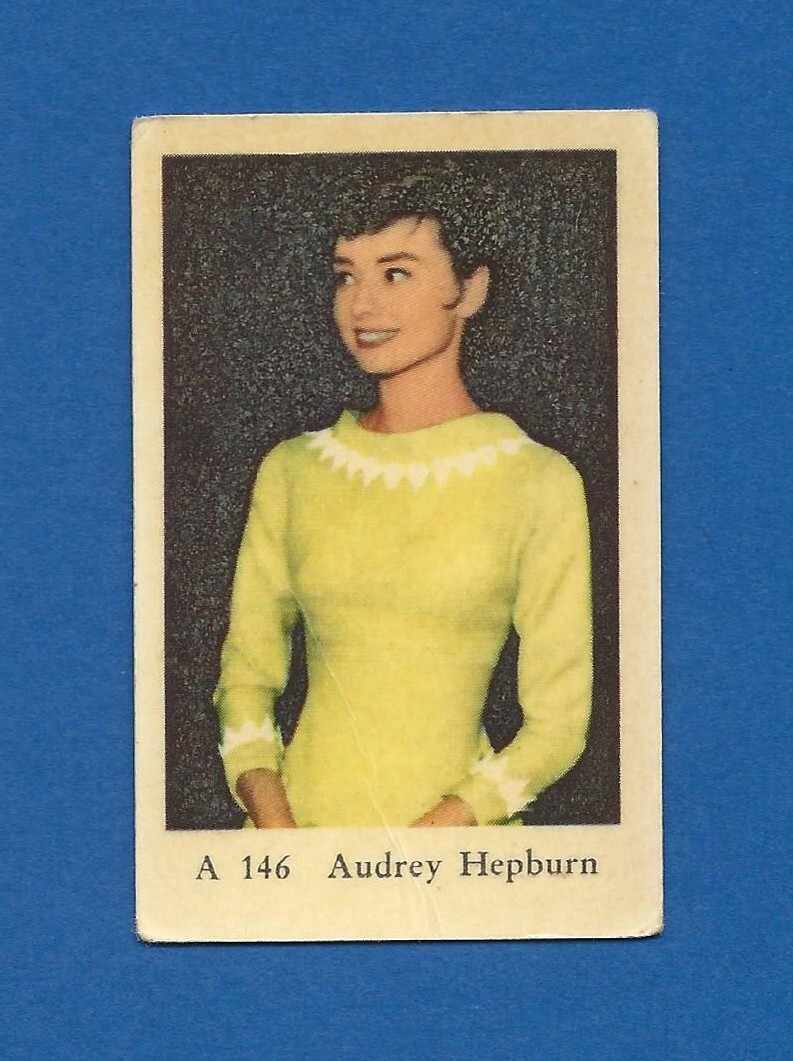
Introduction
Audrey Hepburn remains an indelible icon in the realms of film and humanitarian work, known for her unique blend of grace and compassion. Born on 4 May 1929 in Brussels, Belgium, her story transcends the screen, touching the hearts of millions worldwide. In the wake of recent discussions surrounding classic cinema and the need for roles that champion diversity, Hepburn’s influence serves as a reminder of the powerful narratives women can portray.
Career Highlights
Hepburn’s ascent to stardom began in the early 1950s, with notable roles in films such as “Roman Holiday” (1953), for which she won the Academy Award for Best Actress. Her career was defined by roles that showcased her elegance, such as in “Breakfast at Tiffany’s” (1961) and “My Fair Lady” (1964). Hepburn’s ability to convey deep emotions with her expressive features made her a beloved figure not only in Hollywood but around the globe.
Humanitarian Efforts
Beyond acting, Hepburn was a devoted humanitarian. In the 1980s, she became a Goodwill Ambassador for UNICEF, dedicating herself to improving the lives of children in impoverished areas. Her advocacy work, combined with her personal experiences during World War II, instilled a fierce commitment to child welfare. Hepburn’s efforts have left a legacy, influencing countless charities and raising awareness on issues affecting vulnerable populations.
Recent Rediscoveries and Influence
In recent years, Hepburn’s work has been revisited by new generations, prompting film festivals and retrospective showcases. Documentaries and publications have highlighted not only her cinematic contributions but also her off-screen achievements. Social media platforms have amplified her influence, allowing discussions around her style and advocacy to resonate with younger audiences. The fashion industry, in particular, continues to draw inspiration from her timeless looks, particularly her iconic little black dress.
Conclusion
Audrey Hepburn remains a symbol of elegance and compassion, her legacy thriving as both an actress and humanitarian. As contemporary discourses around representation and the portrayal of women in film evolve, Hepburn’s contributions remind us of the strength and impact one individual can have. Her work continues to inspire, encouraging a dialogue about the importance of both artistic and societal contributions. As we celebrate her life and influence, it is crucial to acknowledge and carry forward her commitment to making the world a better place.
You may also like

The Importance of Storytelling in Modern Society

Understanding the Fall Season: Change, Beauty, and Tradition

Jay Z: The Evolution of a Music Legend
SEARCH
LAST NEWS
- Remembering Wendy Richard: The Promise to Co-Star Natalie Cassidy
- How Did Anglian Water Achieve an ‘Essentials’ Rating for Mental Health Accessibility?
- Shai Hope Leads West Indies in T20 World Cup Clash Against South Africa
- What We Know About Weston McKennie: Future at Juventus and Past at Leeds
- What We Know About the Upcoming Live Nation Antitrust Trial